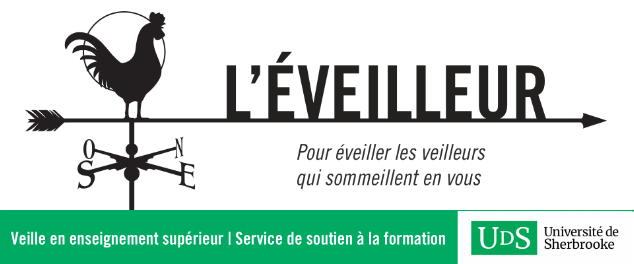Qu’on se comprenne bien, le Royaume-Uni n’a pas fait que des erreurs en FAD, loin s’en faut… Mais un passionnant article de Pete Swabey sur Information Age en octobre 2010 évoque la crise financière qui menace les universités britanniques et le fait qu’elles se tournent vers la FAD pour augmenter le recrutement d’effectifs et réduire les coûts : “It makes your education into an export, and although it’s not cheap, it is cheaper than building new buildings.” (selon David White, un gestionnaire du Technology-Assisted Lifelong Learning (TALL) d’Oxford).
Swabey rappelle l’expérience râtée de la UK e-University, une université en ligne lancée par le gouvernement britannique et qui exista de 2000 à 2004. Après avoir coûté 50 Millions de livres, elle fût fermée n’ayant accueillies que 900 étudiants plutôt que les 5 600 prévus :
A 2005 report examining why the UK e-University failed found that the project had focused too intently on building the technology infrastructure and had not paid enough attention to demand – the classic dotcom folly. “The assumption was that once [the infrastructure] was right, the projections of very high student numbers would be easy to realise,” the report explained. “Unfortunately this assumption was [based on] an over-confident presumption about the demand for wholly Internet-based e-learning.”
Rappelant l’importance de l’apprentissage par les pairs et avec le professeur pour une compréhension approfondie de la matière, on évoque les coûts importants de cette formule traditionnelle. Les interlocuteurs de Swabey mettent donc en garde contre la ségrégation qui pourrait résulter d’une FAD offerte à rabais :
David White believes that in future the relative wealth of universities and their students may dictate the degree to which online distance learning is used. “I think there is also going to be a divide between institutions based on the mode of delivery,” he says. “Those who can afford it will go face-to-face and those who can’t will end up going online.”
In September 2010, higher education action group Universities UK warned that the divergence of traditional, residential universities from distance learning organisations could lead to a social divide. “Unless we think about the issues now as we imagine the new system, we might end up with a clear social dividing line between the two forms of receiving higher education,” said Professor Geoffrey Crossick on behalf of the body.
White believes that this will only be true if online learning is seen as a second-class, budget option. This need not be the case, he says. “Personally, I think there’s a chance you’ll have more contact with your peers in online distance learning as long as it’s well designed. We need to be careful to defend that.”
Source : Swabey, Pete, « Degrees of Separation », Information Age, 13 octobre 2010.






